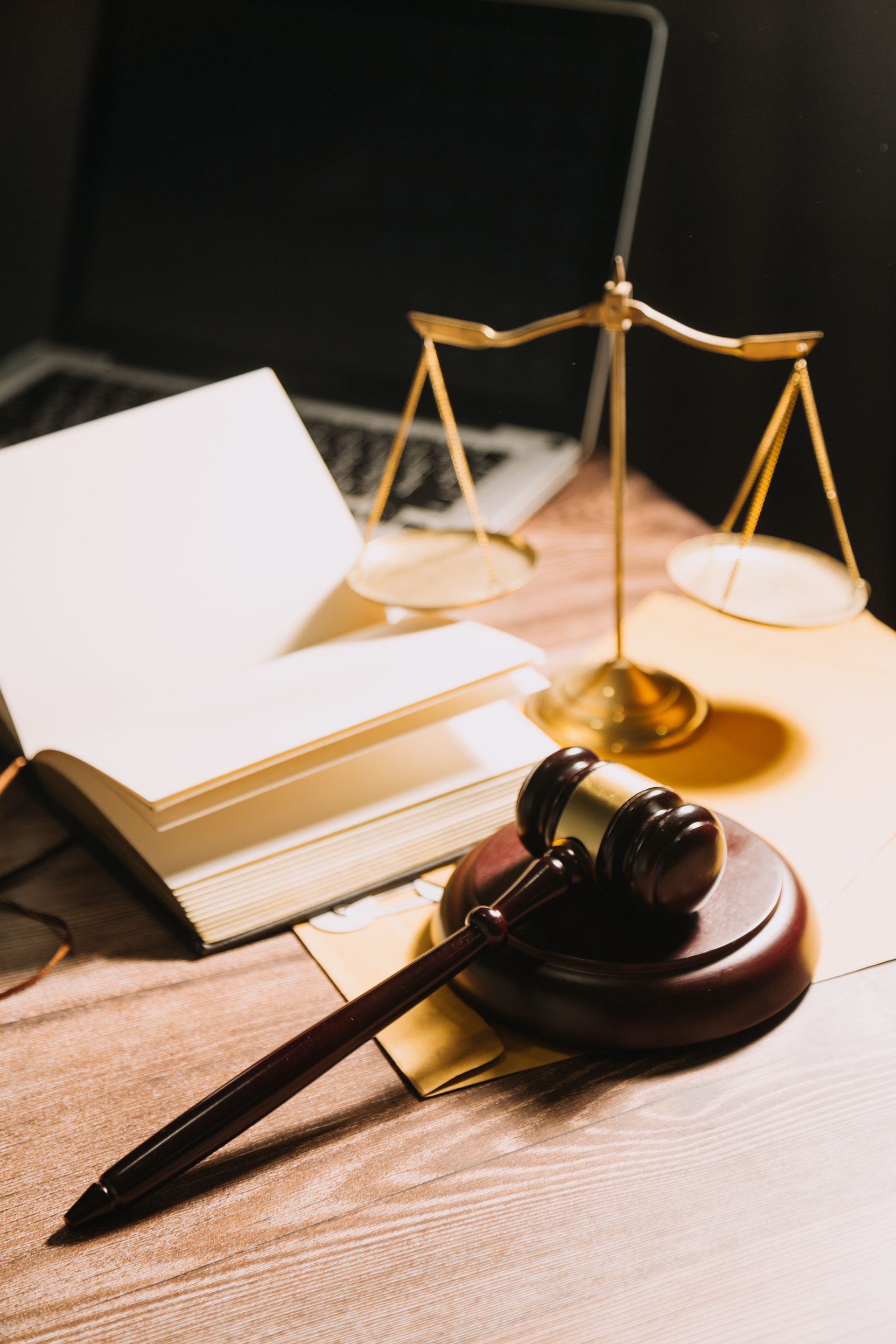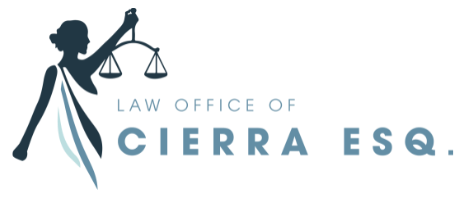Contact Us
Phone: 888-364-4444
Location
3350 Shelby St
Ontario, CA 91764
Hours
- Mon - Fri
- -
- Sat - Sun
- Closed
Call Now 24/7: 888-364-4444
Understanding Premises Liability in California: Your Legal Duties as an Owner
Understanding Premises Liability in California: Your Legal Duties as an Owner
California’s beauty and varied landscapes have long attracted homeowners keen on personalizing their pieces of paradise. However, with great homeownership comes great responsibility, and one key area often misunderstood is premises liability. This aspect of law governs the responsibility of property owners for injuries that occur on their property. It’s crucial for all California residents to understand their legal obligations if someone gets hurt while working or visiting their property. But who is responsible, when, and to what extent?
The Basics of Premises Liability in California
Premises liability is a part of personal injury law that holds property owners responsible for certain injuries that occur on their premises. It covers a broad range of potential hazards, such as slippery floors, falling objects, inadequate security, and more. In California, the law makes it clear that property owners have a duty of care to ensure their premises are reasonably safe for visitors and workers.
Understanding this concept begins by recognizing the three categories of visitors:
- Invitees: Persons who are invited onto the property for business or otherwise, with the owner’s knowledge and benefit.
- Licensees: Those who enter the property based on the owner’s express or implied consent, for a non-business purpose.
- Trespassers: Individuals who enter the property without any right, lawful authority, or the property owner's consent.
The level of care owed to each visitor category varies, with the highest duty being to invitees. However, the specifics can be quite complex, and the distinctions can be subtle.
When Can You Be Held Liable?
Property owner liability arises when an owner fails to maintain the property in a reasonably safe condition, it encourages dangerous behavior, or it fails to provide adequate warnings of known hazards. A critical factor is the owner’s knowledge or reasonable expectation of risks and their actions—or inactions—in response to these risks.
To determine liability, California law considers:
- The foreseeability of harm to the visitor
- The property’s condition
- The owner's awareness of the danger
- The reasonableness of the owner’s actions or failure to act
The law expects property owners to take reasonable steps to address potential dangers, but it also recognizes that not all accidents can be prevented. It's about a standard of reasonableness – what a “reasonable person” would or would not have done under similar circumstances.
Preventing Accidents: Your Safety Checklist
Practicing preventive safety measures can significantly reduce the risk of accidents on your property. Here are essential items to include on your safety checklist:
- Regular Inspections: Conduct routine checks of your property to identify and address potential hazards.
- Proper Maintenance: Carry out prompt repairs and upkeep to reduce the chances of injury from deteriorating conditions.
- Safe Conditions: Ensure your property has proper lighting, secure handrails on staircases, and stable walking surfaces to maintain safe conditions.
- Visitor Warnings: Use warning signs to caution visitors and workers about potential dangers, such as wet floors or low-hanging branches.
What If Someone Gets Injured on Your Property?
In the unfortunate event that someone is injured on your property, the steps you take immediately after the incident are critical. Be sure to:
- Seek Medical Attention: If the injury is severe, call 911 or seek immediate medical assistance.
- Document the Incident: Record the details, take photographs of the scene, and collect the contact information of any witnesses.
- Notify Your Insurance Company: Report the incident to your homeowner’s insurance or general liability insurer.
Engaging with professional legal counsel is also a wise approach, as they can provide guidance on your next steps and ensure your rights and interests are protected.
California's Comparative Negligence Rule
In California, the comparative negligence rule applies to premises liability cases. This means that if the injured person is found to have also been at fault for the accident, their compensation may be reduced in proportion to their fault. This rule recognizes that liability can be shared and ensures that each party is responsible for their role in the incident.
It’s important to understand that even if a hazard is present on your property, a visitor’s own negligence can impact your liability. By maintaining a safe environment and responding to known hazards appropriately, you can lower the risks associated with premises liability claims.
How an Attorney Can Help
Navigating the complexities of premises liability can be challenging, especially when emotions run high following an accident. An attorney experienced in personal injury claims, specifically premises liability cases, can provide guidance on your rights and responsibilities.
A skilled attorney will:
- Help you understand the legal principles involved in your case
- Investigate the circumstances of the accident thoroughly
- Advocate for you in negotiations with the injured party or their legal representatives
- Represent you in court if a lawsuit is filed
Remember, the goal of legal counsel is to protect you and your interests, ensuring a fair process and resolution of any claims that might arise from an accident on your property.
Empowering Californians to Navigate Premises Liability
Premises liability is a significant concern for property owners in California. While the law aims to protect the injured, it also takes into account the rights and obligations of property owners. Understanding the nuances of this area of law and taking proactive steps to prevent accidents can help you fulfill your legal responsibilities while safeguarding your assets and peace of mind.
By staying informed, incorporating safety measures into your property management routine, and seeking legal advice when needed, you can confidently address premises liability issues and contribute to a safer community for visitors and workers alike. The residents of California have a unique opportunity to not only own their pieces of the Golden State but also protect the health and well-being of those who share in their piece of paradise.

Schedule a Case Evaluation
Contact us now!
Homepage FCE Form
We will get back to you as soon as possible.
Please try again later.
By submitting this form, you agree to be contacted by our law firm, either by phone, text or by email.
Practice Areas
Hours
- Mon - Fri
- -
- Sat - Sun
- Closed
24/7 Phone Availability
Disclaimer: The information on this website is for general information purposes only. Nothing on this site should be taken as legal advice for any individual case or situation. This information is not intended to create, and receipt or viewing does not constitute an attorney-client relationship.
© Copyright 2024 | All Rights Reserved | Law Office of Cierra Esq. | Powered By Convert It Marketing | Privacy Policy



